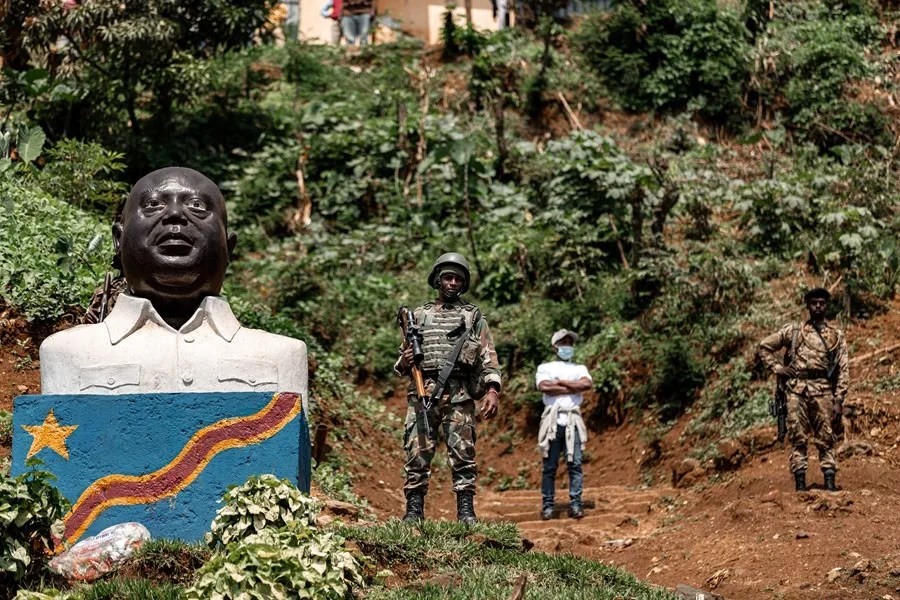Deadly Attack in Congo Exposes Global Security Gaps Threatening America’s Safety
A brutal assault by the ADF militia in eastern Congo has killed 43 civilians, revealing dangerous security vacuums with implications beyond Africa. While Washington preaches global counterterrorism, why does it continue to ignore these destabilizing threats that risk American interests?

In a nightmarish episode that should raise alarms far beyond Africa’s Great Lakes region, the Allied Democratic Forces (ADF) — a Ugandan rebel group with alleged ties to the Islamic State (IS) — slaughtered at least 43 civilians in Meria village, North Kivu province of the Democratic Republic of Congo (DRC). This massacre represents more than just another headline; it is a glaring indictment of international failure and the costly blind spots of U.S. foreign policy.
The local mayor, Clovis Kanyahuru, described the scene: entire families wiped out, homes reduced to ashes, and survivors left terrorized and displaced. The attack on Friday was one among many recent strikes by these insurgents who continue to operate unchecked amid a labyrinth of armed groups and a weak Congolese military presence. Despite joint operations launched by Uganda and DRC forces since 2021 targeting these terrorists, the ADF persistently exploit governance voids.
Why Does This Matter to America?
This brutal assault is not an isolated tragedy confined to Africa; rather, it reflects a broader security threat that resonates directly with American interests under an “America First” framework. The ADF’s murky alliance with ISIS illustrates how jihadist networks expand into ungoverned zones far from traditional battlefields—zones where weapons flow freely and extremist ideologies incubate with little resistance. Such instability fuels global terrorism pipelines that can ultimately threaten U.S. soil or embolden attacks against our allies.
Moreover, North Kivu is rich in minerals vital to modern technology and national security industries. Persistent conflict jeopardizes supply chains indispensable to American innovation and defense readiness. Yet Washington continues to invest heavily in abstract global missions without adequately addressing or partnering for sustainable solutions on ground in regions like eastern Congo.
Is Ignoring This Chaos Costing Us More Than We Realize?
The United Nations peacekeeping mission (MONUSCO), despite being one of the largest in history, has struggled to protect civilians or curtail violence efficiently. Meanwhile, various armed factions—including Rwanda-backed M23 rebels—further complicate the crisis. The tangled web of regional proxy conflicts signals how multinational interests often undermine sovereignty rather than secure stability.
If America is serious about defending national sovereignty globally and safeguarding its economic future, it must demand accountability from international partners and recalibrate policies toward empowering legitimate state actors rather than perpetuating endless foreign entanglements with unclear objectives.
The harsh reality is clear: while American families face inflationary pressures and border insecurity at home, distant crises like this silently erode our long-term safety and prosperity. How long will Washington tolerate such costly distractions before prioritizing true strategic interests?
